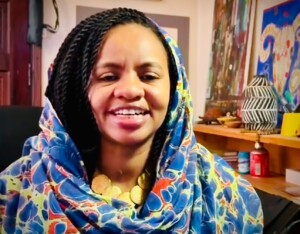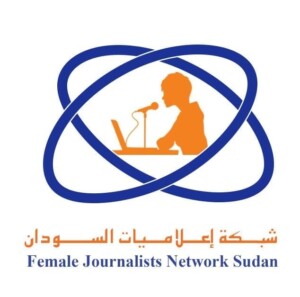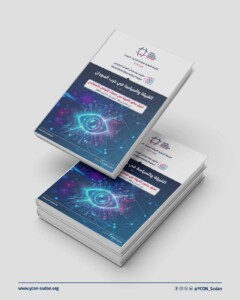‘Name of Darfur may change after referendum’: scholar
The Sudanese government intends to use the Darfur referendum to eliminate the western region as an entity, according to Dr Hamid Eltigani, head of the Department of Public Policy and Administration at the American University in Cairo.
The Sudanese government intends to use the Darfur referendum to eliminate the western region as an entity, according to Dr Hamid Eltigani, economist and head of the Department of Public Policy and Administration at the American University in Cairo.
Dr Eltigani told Radio Dabanga in an interview on Sunday that the “Sudanese government could have reached a settlement for the Darfur problem for $60 million. Instead it spent $50 billion on the war without resolving the problem, and more may be spent if Khartoum continues with the same policies.
“The problem with the government is that they always continue with faulty policies for years. They halt them only after they finally admit that they committed serious mistakes indeed. Thus, Khartoum’s option to control the western region through the paramilitary Rapid Support Forces may last a long time.”
Referendum
In the referendum, scheduled for 11-13 April, the people currently residing in Darfur will be able to decide on the permanent administrative status of the conflict-torn western region, between the return of Darfur to one entity, or the continuation of the current status of five states.
“The Darfur referendum is the result of a promise by Khartoum to certain Sudanese ethnic groups that committed gross crimes during the war in order to obtain large parts of Darfur land.”
The Darfur province was divided into three states in 1994. In 2012, the region was re-divided into five states.
The referendum is stipulated in the Doha Document for Peace in Darfur that was signed in July 2011 by the Sudanese government and the Liberation and Justice Movement, a coalition of 19 breakaway factions of Darfur rebel movements, formed the year before.
The referendum was supposed to be held within one year after the signing of the peace accord. Last October, President Omar Al Bashir announced that the referendum will take place in April 2016.
Darfuris living in the camps for the displaced, Sudanese opposition parties, and civil society activists have expressed grave concerns about holding the referendum in the current circumstances.
‘Secret map’
In the interview, Eltigani explained “the government has played with the geographical borders of Darfur for purely political and security reasons.
“The Darfur referendum is the result of a promise by Khartoum to certain Sudanese ethnic groups that committed gross crimes during the war in order to obtain large parts of Darfur land,” the Darfuri scholar stated.
“There are even plans to change the name of the region, in order to eliminate Darfur as an entity.”
“Darfur as a political entity that joined Sudan more than a hundred years ago, has become an important component of the country. It seems that the government wants to use the referendum to replace part of the history of Sudan to which Darfur has substantially contributed.
“There are even plans to change the name of the region, in order to eliminate Darfur as an entity,” he said. “A secret map outlining the new borders of Darfur has been prepared, which is known to three people only.”
Eltigani further called the Doha Document “a complete failure. It has not resolved the problem of the rampant insecurity situation nor has it brought any peace or development.
“Rather it happened that certain groups have benefited from the peace accord. They have built their own palaces with the blood of the poor Darfuris. Even the livestock stolen by militiamen in Darfur, are collected and exported abroad,” he said.
Security apparatus
In his address to members of the Central Darfur civil society last week, the director of the National Intelligence and Security Service (NISS), said that the NISS' will provide “unlimited support” to civil society activities in the state.
Lt. Gen. Mohamed Atta El Moula Abbas expressed his security apparatus' “serious desire to achieve peace and stability in Sudan in general and Darfur in particular”, Sudan Vision Daily reported today.
He added that “the wars and conflicts in the country have led to a huge loss of resources and efforts that could be utilised in development and services”.
The NISS director further announced a donation of SDG300,000 ($49,000) to the civil society in Central Darfur.











 and then
and then